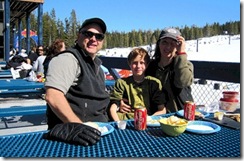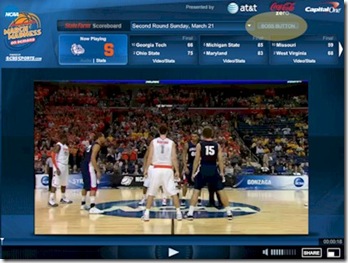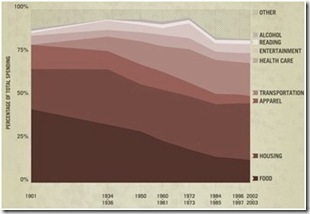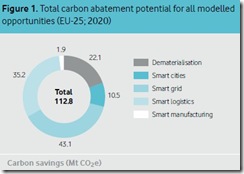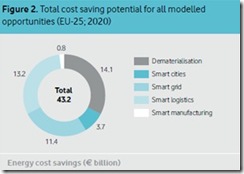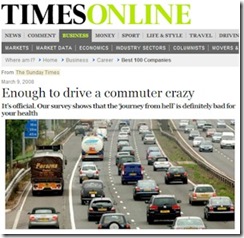Not all time is created equal.
This reality is the problem with conventional time-motion productivity analysis. Perhaps in the 20th century Industrial Age of the assembly line manufacturing plant and paperwork factories and even a simpler, more routine home life, hours were more consistent. But the hour one spends getting married, watching a child win their first sports game or watching your favourite team in an international competition is not the same as 60 minutes sitting in traffic, sitting in a routine meeting or ploughing through administrative chores.
In a truly ‘free market’ of hours, staff and employers would have the ability to trade hours according to their value. A staffer might trade 2 hours of conventional work for 1 hour off to watch the World Cup. A company might trade 2 hours of conventional work for 1 hour of crisis handling on the weekend. In fact, the employer sort of has this kind of ‘marketplace’ in wage workplace where they can pay time-and-a-half and double-time for highly valued time periods.
Unfortunately, most workers usually do not have a corresponding ability to bid for time off. The problem is more difficult with exempt workers. They are paid a fixed salary and can be almost an implicit assumption that ‘all time’ is the company’s time (depending on the culture).
While the grand spectacle of the World Cup has given rise to a bunch of reports of ‘lost productivity’ fear mongering amongst the chattering fourth estate. “World Cup Could Cost UK £4 Billion” Most of these attention grabbing articles are based on out-dated logic that an hour is an hour. That people will find ways to watch the games, the games are during conventional work hours, ergo time is lost and time is money so money is lost.
More enlightened and innovative companies are using the World Cup to introduce some special work practices and bonuses to its workers like Asda and Screwfix. One of Microsoft’s leading partners and winner of the UK Best Place to Work 2010, Softcat, is showing how it is done by hosting World Cup viewing parties in their offices. No one is skiving off work today at Softcat! (and probably hardly ever do with that kind of enlightened approach).
Businesses should be looking at the World Cup as the least expensive staff morale opportunity to come along. Because fans will highly value their time watching the games above all else, they will value the hour given to them much more than the hour of elapsed clock time actually costs the company.
A classic win-win. Just like the England-USA 1-1 result for me as a UK-USA dual citizen. Perfect.

